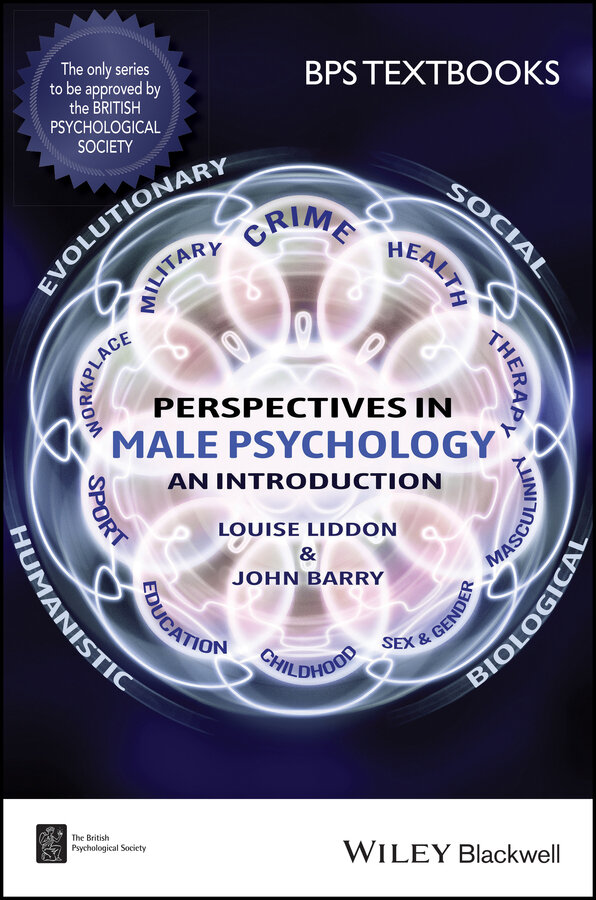Polycystic Ovary Syndrome & Anxiety: How Hypnotherapy Can Help
There are many stress management programmes in London, but only one has been developed especially for PCOS.
My PhD thesis was on the subject of ‘Psychological Aspects of PCOS’, so as part of my PhD I focused quite a bit on anxiety and other mood issues in PCOS. In two of my studies, I found that anxiety was significantly higher in women with PCOS than other women, even after taking body mass index (BMI) into account (Barry, Kuczmierczyk & Hardiman 2011; Barry, Hardiman, Saxby & Kuczmierczyk, 2011). (Read also my forthcoming blog Polycystic ovary syndrome and depression: how hypnotherapy can help).
Testosterone is one of the key features of PCOS. Although at the start of my research I had thought that testosterone would be central to anxiety and other mood problems, I was surprised to find that there was a little direct impact of testosterone on mood. In fact, my research suggests that relationship between testosterone and issues like anxiety depended to a large degree on how much testosterone was causing troubling symptoms such as hair growth and acne (Barry et al, 2018). In terms of developing a psychological therapy for PCOS, this was quite good news because lowering testosterone using just the mind is no mean feat, even with hypnosis.
During my PhD, I developed a stress management programme for PCOS, but it wasn’t until after I completed my PhD that I had the resources, at the University College London (UCL) Medical School, to test the programme.
In brief, the stress management programme aimed to reduce anxiety by inducing a state of relaxation deep enough to reduce the activity of the adrenal glands, thus reducing the production of stress hormones. Although the biopsychological mechanism was valid, it wasn’t until after the blood samples were analysed that we found that we had indeed significantly reduced the stress hormone cortisol, and significantly reduced anxiety in a small group of women with PCOS.
The programme consisted of only six sessions of relaxation and guided imagery (plus a session 13 weeks later to check how long any impact lasted), so the research team was very pleased that anxiety levels were significantly reduced from before to after the 6-week programme.
The paper describing this programme was published in 2017 (see below), and the treatment has only just become available. If you would like to experience the benefits of my programme, please get in touch with me.
About the author
Dr John A. Barry is a Chartered Psychologist and Professional Researcher. He is a leading expert in the areas of male psychology including men’s mental health and the psychological aspects of polycystic ovary syndrome (PCOS). His new book, Perspectives in Male Psychology: An Introduction (ISBN: 978-1-119-68535-7), co-authored with Louise Liddon, is published in the new year and is available to pre-order now.
References
Barry JA, Kuczmierczyk AR, Hardiman PJ (2011). Anxiety and depression in polycystic ovary syndrome: a systematic review and meta-analysis. Human Reproduction, 26, 2442-51
Barry JA, PJ Hardiman, BK Saxby, A Kuczmierczyk (2011).Testosterone and Mood Dysfunction in Women With Polycystic Ovarian Syndrome Compared to Subfertile Controls. Journal of Psychosomatic Obstetrics and Gynecology, 32, 2, 104-11
John A. Barry, Noelia Leite, Nagaruban Sivarajah, Brian Keevil, Laura Owen, Liliana C.S. Miranda, Fan Qu and Paul J. Hardiman (2017). Relaxation and Guided Imagery Significantly Reduces Androgen Levels and Distress in Polycystic Ovary Syndrome: Pilot Study. Contemporary Hypnosis & Integrative Therapy, 31, 21-29
Barry, J. A., Qu, F., & Hardiman, P. J. (2018). An exploration of the hypothesis that testosterone is implicated in the psychological functioning of women with polycystic ovary syndrome (PCOS). Medical Hypotheses.









